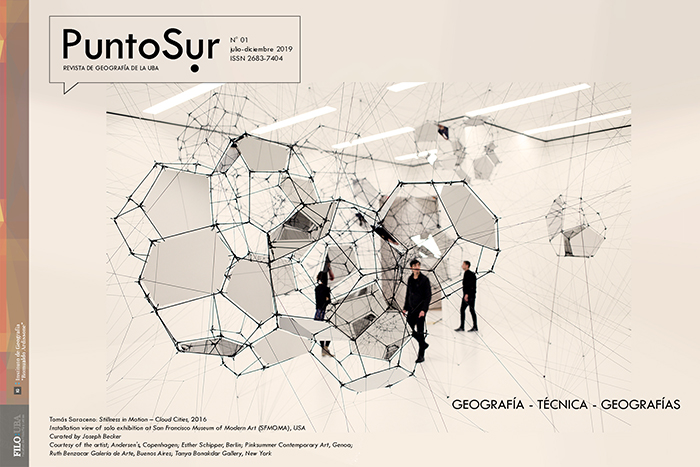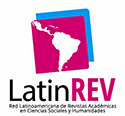The digital construction of space and place, and the renewed importance of traditional geographical concepts
Keywords:
digital technologies, globalization, geographical categories, geographical imaginations
Abstract
Geography’s reflection of the digital revolution either draws connections to globalization as the disembedding of spatial relations due to technological progress or emphasizes the persistence of borders, inequalities and place identities as its counterpart. The article develops a model that treats both sides of this figure, more as intertwined than contrasting. First, an introduction is given to the character and consequences of globalization and technological change and to the traditional meanings of space and place. With regard to the latter three main aspects of traditional geographical imaginations will be outlined: (i) a physical ontology of spatial entities such as country, region, landscape or place, as clearly defined individual and distinct containers of natural and cultural features; (ii) the assumption of natural relations between place and local communities, and (iii) the (in principle) static character of those entities. Contemporary everyday interaction with digital devices necessarily reflect/include two sides: technological change and of traditional geographic thinking. In order to analyze this relationship, a distinction of numeric components, deictic language and toponymy are suggested reflecting technological system, the user individual and the community/collective. While applying this distinction, it should become clear how and why practices of using digital media and technology refer to traditional geographic concepts. Thus, traditional geographical imaginations can be considered to be an integral part of digitalized everyday practices –and do not only constitute a persistent residue opposed to them–.Downloads
Download data is not yet available.
Published
2019-07-01
How to Cite
Felgenhauer, T. (2019). The digital construction of space and place, and the renewed importance of traditional geographical concepts. Punto Sur, (1), 38-57. https://doi.org/10.34096/ps.n1.6912
Section
Dossier






















